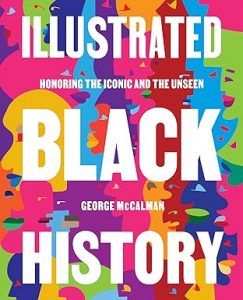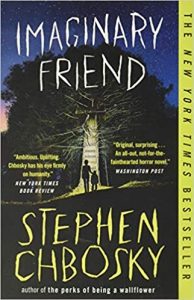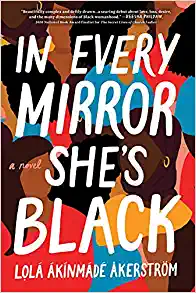Igba-Boi: Repositioning the Igbo Apprenticeship System
₦4,000.00Repositioning the Igbo Apprenticeship System highlights the entrepreneurial exploits of the Igbos of south-eastern Nigeria. Despite the globalisation-accentuated influence of western business culture, the Igbos have sustained their indigenous business system undergirded by an ingenious apprenticeship system, Igba-boi.
This apprenticeship system has existed in the Igboland for decades as an important heritage, embedded in cultural norms and values passed down for generations. The authors argue that the unique framework and rules of operation of this viable socioeconomic empowerment model will, if well-positioned, make significant contributions to the advancement of the boi/Nwa-boi (apprentice), the Oga (Master), the community (Ndi-Igbo) and the achievement of the country’s overall developmental goals.
















